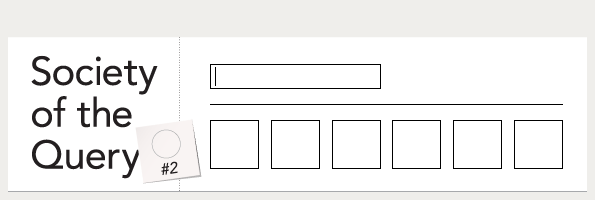Since Google shut down its mainland Chinese-language portal Google.cn on March 23 and has started rerouting searches through its acclaimed uncensored Hong Kong site, reports on the move have varied in tone from appraisal (Google defying the censorship and bullying of the Chinese government) to a fair amount of skepticism (Google relocating to Hong Kong is above all a business move).
German weekly Spiegel Online termed Google’s move to Hong Kong ‘A Face-Saving Capitulation’, a sentiment Spiegel claims is shared by the better part of Germany’s leading newspapers as it quotes Die Tageszeitung, Financial Times Deutschland, Die Welt and the Frankfurter Allgemeine Zeitung.
Google’s move was a far cry from abandoning the Chinese market altogether, but still allowed the company to fulfill its promise of ending self-censorship in China. But Chinese authorities have reacted angrily. The government on Tuesday issued a statement calling the move “totally wrong.” And a commentary in the overseas edition of the leading Chinese Communist Party newspaper ratcheted up the rancor even more on Wednesday. It accused Google of “cooperation and collusion with the US intelligence and security agencies” and being part of the “United States’ big efforts in recent years to engage in Internet war,” according to Reuters. The front-page commentary went on to say that:
“For Chinese people, Google is not god, and even if it puts on a full-on show about politics and values, it is still not god.”
It is a sentiment with which many in Germany would agree. Indeed, in Wednesday’s newspapers, German commentators weren’t very interested in Google’s spin on the move. Instead, they attributed it to business logic rather than principle, saw it as merely a “face-saving capitulation,” warned people away from seeing the fight as a David-vs-Goliath-like match-up and even imagined it as the welcome dawning of the post-Google world.
Furthermore, Spiegel mentions that the shutdown of Google.cn may be a loss to some users in China (e.g. Gmail accounts were less prone to snooping than were state providers), but that it is hardly a tragedy. China’s tech-savvy netizens have long been used to censorship and have already found their ways around the barriers. A March 23 blogpost on the digital activism blog digiactive.org raises some interesting points as to the importance of Google’s move to Mainland Chinese netizens. In the post, entitled ‘Google’s Stand on Uncensored Search: Irrelevant to China’s Internet Experience’, the author (and resident of Mainland China) gives four reasons why he feels the recent fuss over uncensored search results is irrelevant:
1. Censorship isn’t News: Anyone in China scouring the internet for politically sensitive content that might have been snuffed out by Google.cn’s filters already has no illusions about how manipulative, hypocritical, and controlling China’s internet authorities are–not to mention China’s entire government. In other words, they aren’t anywhere near getting duped into believing China’s official “Harmonious Society” tag line just because several items are missing from their Google search.
2. Circumvention Options Already Exist: Anyone in China who is genuinely serious about uncovered all of their missing content and actually being able to access it once they find it on their search engine of choice has options. For anywhere from USD $8-15 per month, VPN (virtual private network) software is available for subscription, which instantly unblocks all search results and real content in China.
3. There are Already Pockets of Free Speech on the Chinese Web: I don’t think Google.com or Google.cn were ever confused as a platform for political change in China. While I do applaud Google’s ethos of free information for everyone, people in China have many other places to go if they actually want to exchange politically sensitive ideas. Just take a look at Kaixin001.com! Here is an unblocked, easily accessible website on which hundreds or thousands or articles, videos, and photos are exchanged daily across China. Some articles are amusing distractions or mindless celebrity gossip, but many others are full of highly “controversial” content that blisteringly excoriates China’s government policies and the gaping holes in the face of its “Harmonious Society.”
4. Google.cn Wasn’t an Effective Block: To Google: For all of those politically active Chinese-only speakers whom you thought desperately need your Google.cn service in order to exchange information freely, don’t worry, there are plenty of other channels that were always much more popular anyway. Does Google really believe that Chinese people with the motivation to seek out a free version of the internet and access uncensored ideas will be deterred because Google.cn had some missing results to content that they wouldn’t have been able to view anyway?
Read the full articles on digiactive.org and Spiegel Online.


